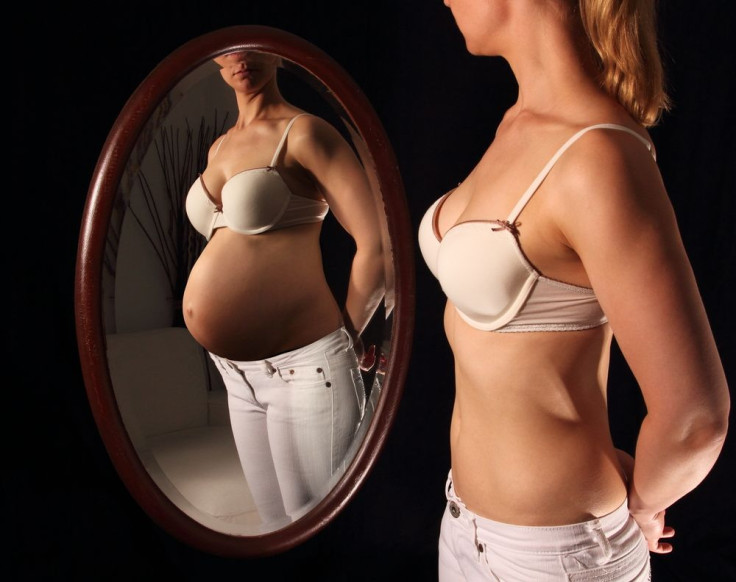Women Hoping To Become Pregnant Via IVF Should Make Sure Their Vitamin D Levels Are Up

For women struggling with infertility, assisted reproductive technology (ART), including the transfer of fertilized human eggs into a woman’s uterus, commonly referred to as in vitro fertilization (IVF), is often their final solution for becoming pregnant, but even this option does not guarantee 100 percent certainty. A team of Italian researchers has concluded a study suggesting that a deficiency of vitamin D, a steroid hormone that is naturally produced in the skin, may be standing between women undergoing IVF and a successful pregnancy.
"Our work is the largest study to date to examine how vitamin D affects fertility in women who are undergoing IVF," Alessio Paffoni from the Ospedale Maggiore Policlinico in Milan, Italy said in a statement. "We found that women who had sufficient levels of vitamin D were more likely to produce high-quality embryos and more likely to become pregnant than women who were deficient in vitamin D."
Paffonia and his colleagues recruited 335 women who were referred to the Infertility Unit of the Fondazione Ca’ Granda at Ospedale Maggiore Policlinico for IVF in 2012. After analyzing each participant’s vitamin D levels via blood samples, researchers assigned 154 women to a group representing a vitamin D deficiency and the remaining 181 women to a group representing sufficient vitamin D levels. Although sufficient vitamin D levels in this study included women with 20ng/ml in their blood, 30ng/ml is the recommended level for healthy adults.
Women with sufficient levels of vitamin D were twice as likely to become pregnant through IVF compared to women with a vitamin D deficiency. While vitamin D’s benefit on bone health are well documented, a string of recent studies have also tied it to fertility. Researchers concluded that healthy levels of vitamin D led to the production of quality eggs in the ovaries and successful implantation of embryos, which are of a better quality in women with sufficient levels of the hormone.
"Although randomized clinical trials are needed to confirm the findings, our results certainly suggest that low levels of vitamin D contribute to infertility," Paffoni added. "Since vitamin D supplementation is an inexpensive and simple intervention with few relevant side effects, additional study in this area has the potential to markedly influence the way infertility is treated."
According to the Centers for Disease Control and Prevention, doctors have been using ART to help infertile women become pregnant since 1981, with IVF remaining the most common model. Although rare compared to its potential demand, ART use has doubled over the past decade. Today, over one percent of newborns in the United States are conceived through assisted reproductive technology.
Source: Ferrari S, Tirelli A, Paffoni A, et al. Vitamin D Deficiency and Infertility: Insights from In Vitro Fertilization Cycles. Journal of Clinical Endocrinology & Metabolism (JCEM). 2014.



























